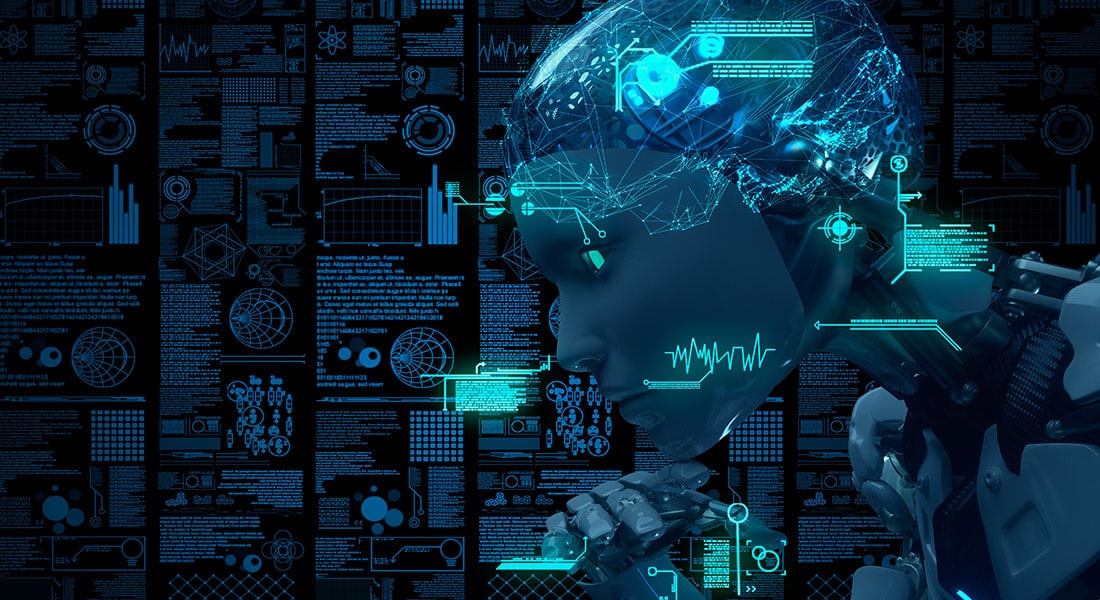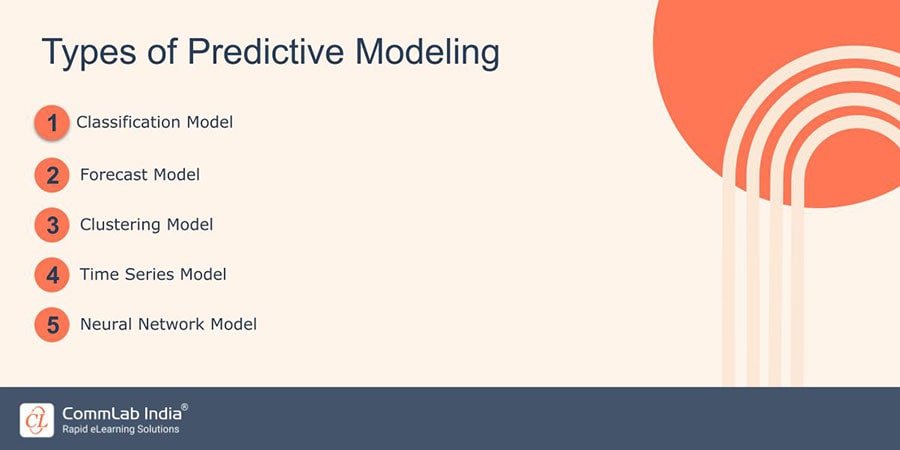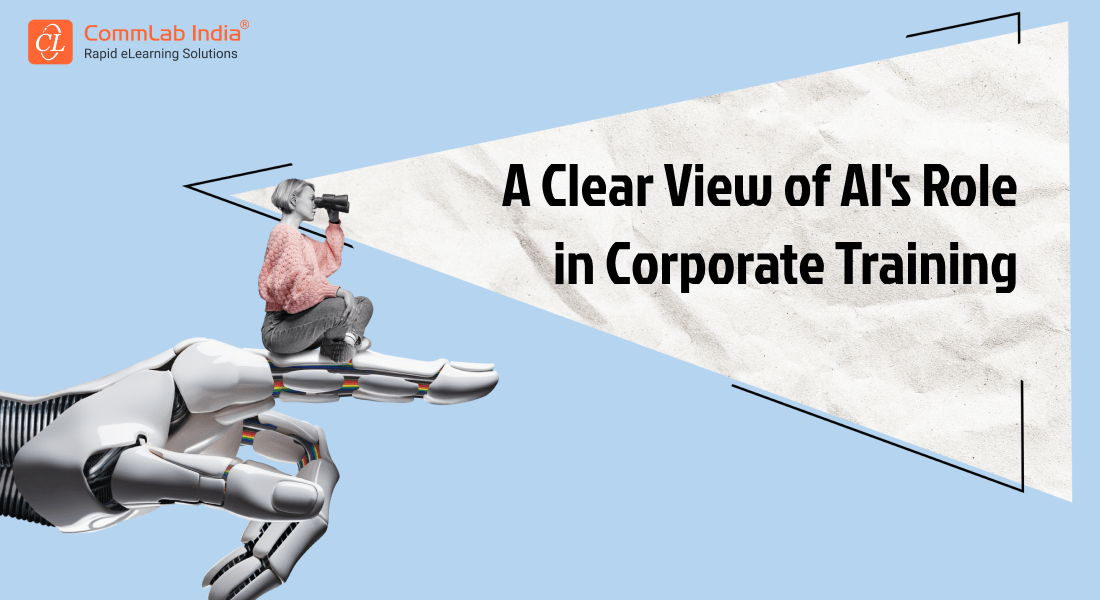How AI and Machine Learning(ML) Are Revolutionizing Corporate L&D

Corporate Learning and Development (L&D) stands at a crossroads, with traditional methods facing growing challenges in meeting the dynamic needs of the modern workforce. The advent of technology has ushered in a new era, prompting organizations to rethink their approach to employee training and skill development. As businesses grapple with the demands of a rapidly changing marketplace, Artificial Intelligence (AI) and Machine Learning (ML) have emerged as transformative tools capable of revolutionizing the landscape of Corporate L&D. This blog explores the impact of AI and ML in reshaping how companies approach training, enhance employee capabilities, and foster continuous learning.
Are you Interested in Knowing How Al and ML are Revolutionizing Corporate L&D?
Dive into the future of Corporate Learning & Development, where Artificial Intelligence and Machine Learning redefine employee training. Explore personalized learning paths, real-time feedback, and scalable solutions, revolutionizing how organizations nurture continuous growth and skill development.
The Current State of Corporate L&D
In the current landscape of Corporate Learning and Development, traditional methods often fall short of delivering the agility and customization required to meet the diverse needs of a modern workforce. Conventional training programs, characterized by one-size-fits-all approaches and periodic workshops, struggle to keep pace with the evolving skill demands in today's fast-paced business environment. Additionally, organizations face challenges in assessing the effectiveness of training initiatives and addressing individual learning preferences. These shortcomings highlight the pressing need for innovative solutions like artificial intelligence and machine learning that can offer a more personalized, efficient, and data-driven approach to employee development.
→ Download eBook Now: Redefining Generative AI for Dynamic L&D Teams
The Rise of AI in Corporate L&D
Artificial Intelligence (AI) is gaining prominence in Corporate Learning and Development by offering sophisticated solutions to longstanding challenges. AI involves the use of algorithms and computational models that enable machines to mimic human intelligence. In the context of L&D, AI is leveraged to create personalized learning experiences tailored to individual employee needs. Through adaptive learning paths, AI systems analyze user interactions and adjust content delivery in real time, ensuring that employees receive training that aligns with their unique learning styles.
Moreover, AI facilitates skill gap analysis, allowing organizations to identify areas where employees need additional training and development. The incorporation of advanced learning analytics such as predictive analytics further enables companies to anticipate future skill requirements and proactively address workforce development needs. The integration of AI in Corporate L&D represents a paradigm shift, offering a more dynamic and responsive approach to employee training and development. Here are a few predictive modeling types that are used on the basis of your analytics.

Machine Learning in Corporate Training
Machine Learning (ML), a subset of AI, is playing a pivotal role in reshaping corporate training methodologies. ML algorithms enable systems to learn from data and improve their performance over time without explicit programming. In the context of Corporate Training, ML is facilitating several advancements. Content recommendations powered by ML algorithms analyze individual learning patterns, preferences, and performance data to suggest tailored learning materials.
Automated assessments and feedback leverage ML to provide real-time evaluations, identifying areas for improvement and customizing learning paths based on individual strengths and weaknesses. Virtual mentors and tutors, driven by ML, offer employees personalized guidance, answer queries, and provide additional resources as needed. ML's ability to continuously learn and adapt makes it a powerful tool for modern LMS platforms, enhancing the efficacy and relevance of corporate training initiatives.
Benefits of AI and ML in Corporate L&D
The integration of AI and ML in Corporate Learning and Development brings forth a multitude of benefits. Firstly, there is a notable increase in efficiency and cost-effectiveness. Automation of repetitive tasks, such as content curation and assessment grading, reduces the administrative burden on L&D teams, allowing them to focus on more strategic aspects of employee development. The enhanced personalization and engagement facilitated by AI and ML result in training programs that resonate more with individual employees, leading to improved learning outcomes.
Real-time performance monitoring and feedback mechanisms ensure that employees receive timely insights, fostering continuous improvement. Additionally, the scalability of AI-driven solutions allows organizations to deliver consistent and high-quality training experiences to a large and diverse workforce, irrespective of geographical location. Also, the exponential rise of generative AI (consider ChatGPT for example) has been really beneficial for various L&D tasks, especially content generation. Here are a few more GPT-4 platforms getting really popular these days.

Challenges and Considerations
While the benefits of AI and ML in Corporate L&D are substantial, it's essential to address associated challenges. Ethical concerns arise as AI algorithms influence decision-making processes in training and development. Ensuring fairness and avoiding biases in algorithms becomes crucial to maintaining a level playing field for all employees. Data privacy and security are paramount, given the sensitive nature of employee information.
L&D professionals must establish robust safeguards to protect against potential breaches. Acknowledging and addressing biases in AI algorithms is crucial to prevent unintentional discrimination and ensure the equitable development of all employees. As organizations embrace AI and ML, careful consideration of these ethical and privacy implications is vital for fostering trust and transparency.
The Future of Corporate L&D
Looking ahead, the future of Corporate Learning and Development promises continued innovation and evolution. Emerging trends indicate a deeper integration of AI and ML, with advancements in natural language processing and virtual reality shaping more immersive learning experiences. The rise of augmented reality applications in training scenarios offers hands-on, practical learning opportunities. Check out this short video to understand more about the impact of AI on L&D.
Predictive analytics will become more sophisticated, enabling organizations to foresee skill gaps and align training programs with future business needs. Continuous learning will be embedded in the organizational culture, facilitated by intelligent systems that deliver personalized, on-demand content. As the technology matures, the future of Corporate L&D will be characterized by greater agility, personalization, and responsiveness to the ever-changing demands of the workforce and industry.
Parting Thoughts!
In conclusion, the integration of Artificial Intelligence (AI) and Machine Learning (ML) into Corporate Learning and Development marks a paradigm shift in how organizations approach employee training and skill development. By embracing the power of AI and ML, organizations can not only meet the evolving demands of the workforce but also foster a culture of continuous learning and development. Here’s a comprehensive eBook for you to understand more about the impact of one of the most effective AI applications called as generative AI on L&D.





